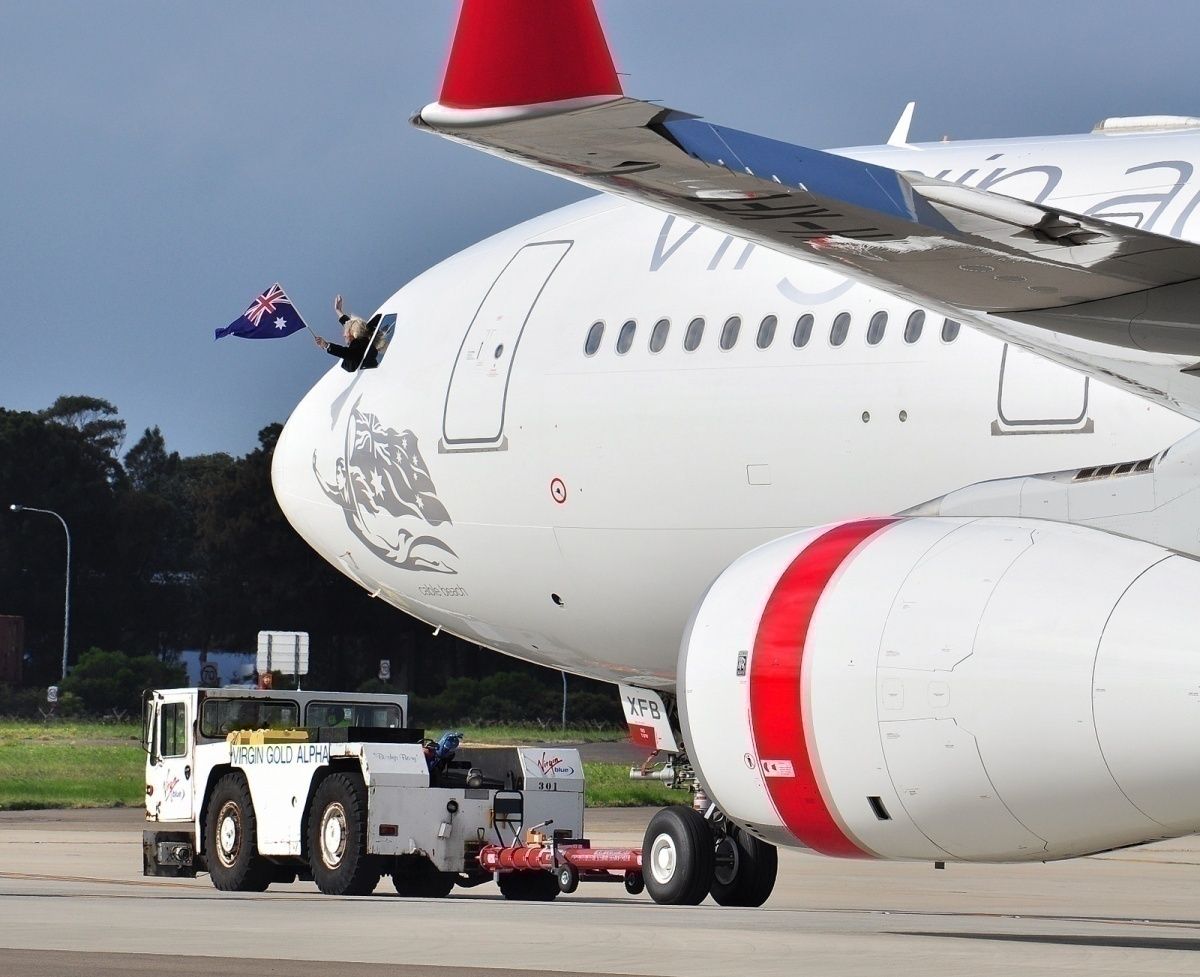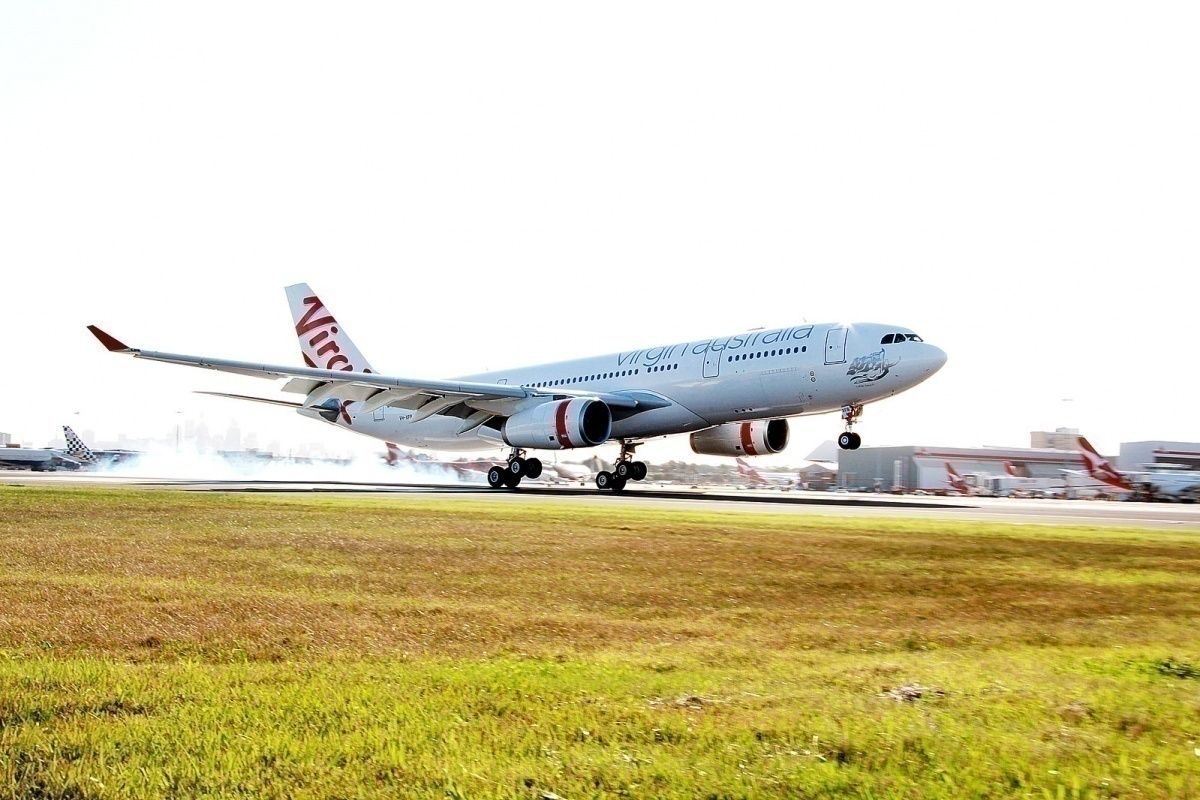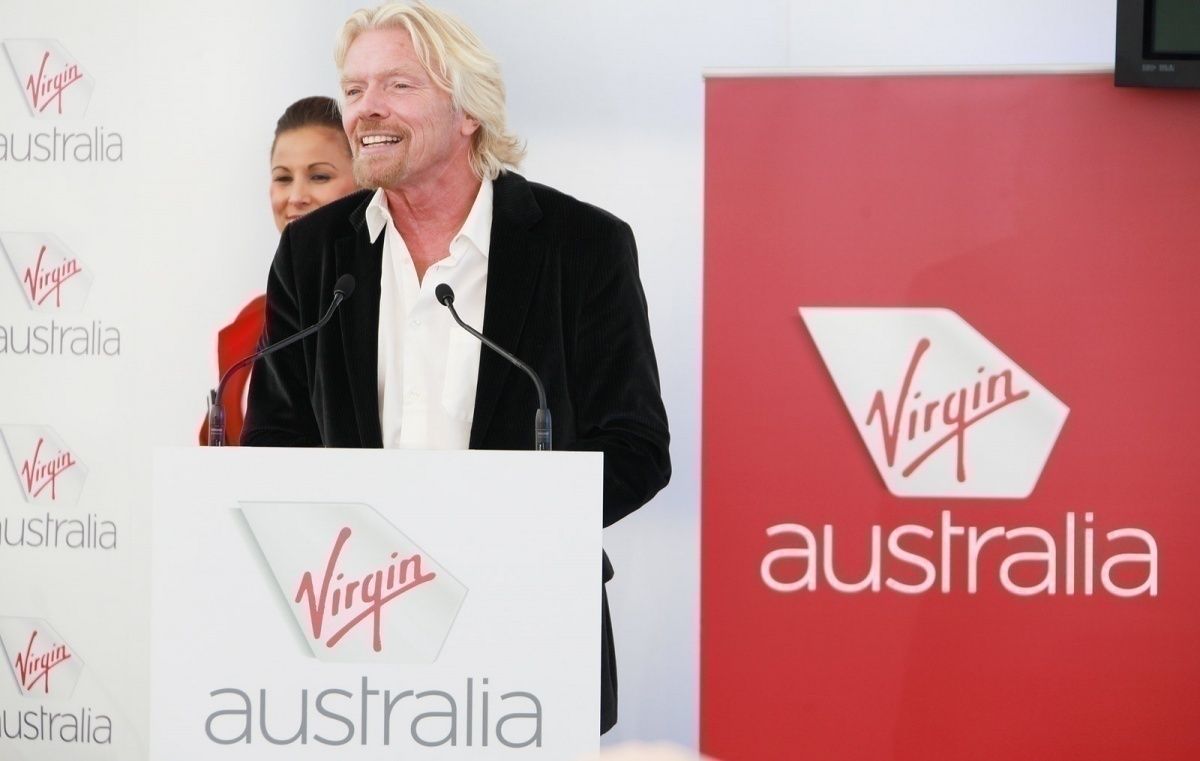Just how cash-strapped Virgin Australia was when it collapsed is now becoming clear. There are reports the airline was down to avgas fumes in its last days, going into voluntary administration with under USD$20 million in spare cash. As a result, Virgin Australia's administrators, Deloitte, are going to borrow approximately USD$129 million to keep the airline flying.
Reports Virgin Australia close to exhausting spare capital
According to The Australian, the money will keep the current skeleton services flying while Virgin Australia is prepared for sale. The report tallies with earlier suggestions Virgin Australia had approached the Australian Government up to eight times in its final weeks, seeking ever-decreasing amounts to keep flying in the short-term. The last rejected request was said to be for around USD$130 million.
Subsequently, Virgin Australia entered voluntary administration in mid-April. Voluntary administration has similarities to the U.S. Chapter 11 restructuring process.
Justifies decisions not to tip money into the airline
If The Australian is correct in suggesting Virgin Australia was down to just USD$20 million, it means the airline had burnt through hundreds of millions in cash in just months. The airline wrapped up 2019 with declared cash reserves of some USD$707 million.
Armed with this previously undisclosed information, it's no wonder Virgin Australia's owners declined to tip more money into the airline in the lead up to voluntary administration.
Assuming the Australian Government was also aware of the cash burn, their decision not to tip taxpayer funds into Virgin Australia would also be applauded.
Virgin Australia needs to be kept whole and operating to extract maximum value
There remains a significant focus on selling Virgin Australia as an ongoing and viable business. The view of both Virgin Australia and Deloitte is that this will extract maximum value for creditors.
The problem for both the airline and its administrator are the ongoing costs of keeping the airline intact. This comes despite the Australian Government presently underwriting some international flights and key domestic and regional services.
Bids due in ten days and consortiums start to form
Bids for Virgin Australia are due in mid-May. Right now, there is a wide field of possible bidders, some more likely than others. There is an expectation that the various bidders will coalesce into consortiums, effectively narrowing the field.
Two of the strongest bidders will be the consortiums centered around local private equity firm BGH Capital and investment bank powerhouse Macquarie.
BGH Capital has teamed up with the USD$100 billion superannuation fund, AustralianSuper. BGH Capital has close ties with Temasek Holdings, owner of Singapore Airlines. That airline holds a now largely worthless 20% stake in Virgin Australia. Also, with links to BGH Capital is the Victorian Government and trucking and logistics billionaire, Lindsay Fox.
In the Macquarie camp is the multi-billion dollar conglomerate Wesfarmers and Brookfield Asset Management.
There are strong indicators U.S. low-cost airline operator Indigo Partners is interested in Virgin Australia. There are also indicators Indigo may join the Macquarie consortium.
Outliers and various equity groups yet to come together
That leaves a host of equity funds and interested bidders circling outside these two larger consortiums. These include Oaktree Capital and Etihad, Bain Capital, Apollo Asset Management. More unlikely prospects are The Virgin Group, the Queensland Government, and Western Australia mining magnate Andrew Forrest.
The administrator's preferred outcome is to have about three consortiums bid for Virgin Australia.
The need for Deloitte to borrow further funds to keep Virgin Australia flying adds another layer of complexity to their bids. It also underlies how perilous and expensive operating an airline can be if you don't get the fundamentals right. What difference this latest revelation makes on bidding is unknown, but it is going to raise some eyebrows.
Deloitte was approached for comment. They have not responded before publication.



